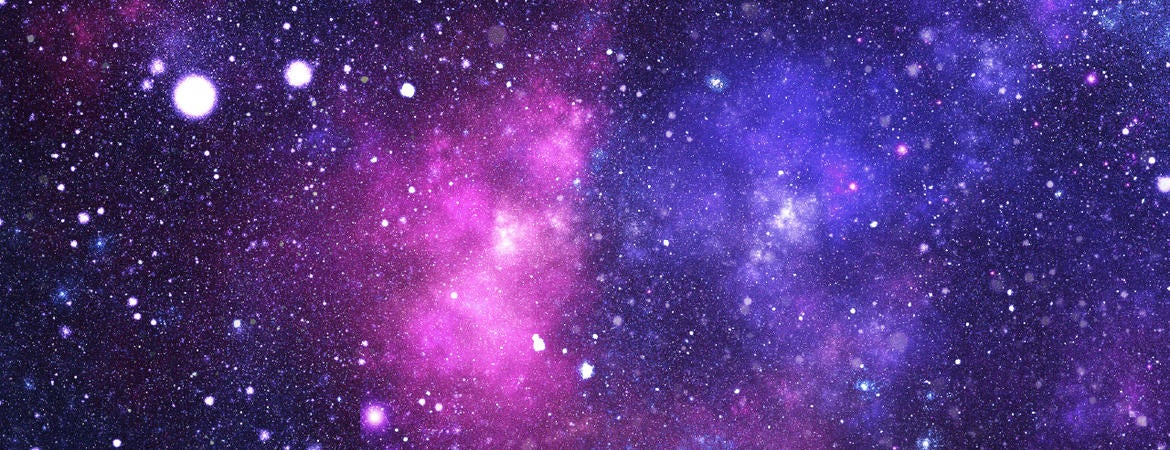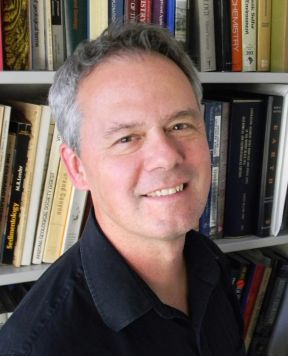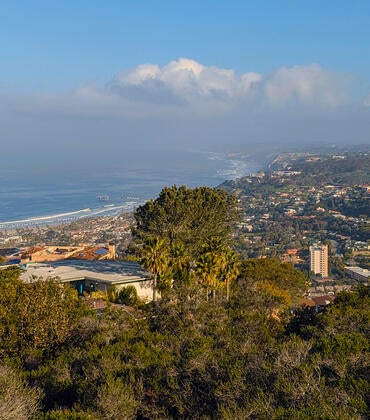
Timothy Lyons, a distinguished professor of biogeochemistry in the Department of Earth Sciences and director of the Alternative Earths Astrobiology Center, will deliver the 66th annual Faculty Research Lecture at UC Riverside. The Faculty Research Lecturer Award is the highest honor bestowed by the Academic Senate.
The lecture, “Are We Alone? A Geologist’s Journey from Deep Time to Deep Space,” will take place from 3:30-5 p.m. on Friday, June 8, in the Genomics Auditorium, Room 1102A. It is presented by the UC Riverside Academic Senate.
The search for alien life is defining a new era of space exploration — from Mars and icy moons in our solar system to Earth-like planets orbiting distant stars. Lyons and his colleagues are cultivating a “search engine” for life on these other worlds by delving into our own planet’s dynamic, 4.5-billion-year history. Through Earth’s history, these many “alternative Earths” shared one thing in common: oceans teeming with a remarkable diversity of simple and complex life.
Lyons’ group has developed tools for reconstructing ephemeral landscapes of lost worlds using chemical fingerprints locked in ancient rocks. These stony archives are rich in direct and inferred traces of ancient life — known as biosignatures — that are guiding NASA’s search for life beyond our planet and solar system.
Lyons leads the Alternative Earths team of the NASA Astrobiology Institute and the Astrobiology Center at UC Riverside. He is an honorary professor at the University of St. Andrews and a fellow of the Geological Society of America, the American Association for the Advancement of Science, the Geochemical Society, and the European Association of Geochemistry. He has held multiple visiting professorships at universities around the world. His professional service includes a dozen editorial positions and numerous panels and advisory boards, including current membership on NASA’s Planetary Science Advisory Committee.
Lyons holds a bachelor’s degree in geological engineering from the Colorado School of Mines, a master’s in geosciences from the University of Arizona, and master’s and doctoral degrees in geochemistry from Yale University, followed by a postdoctoral fellowship at the University of Michigan. His primary research interests include astrobiology, geobiology, biogeochemical cycles through time, ancient climate, Earth history, and the search for life beyond our solar system.




